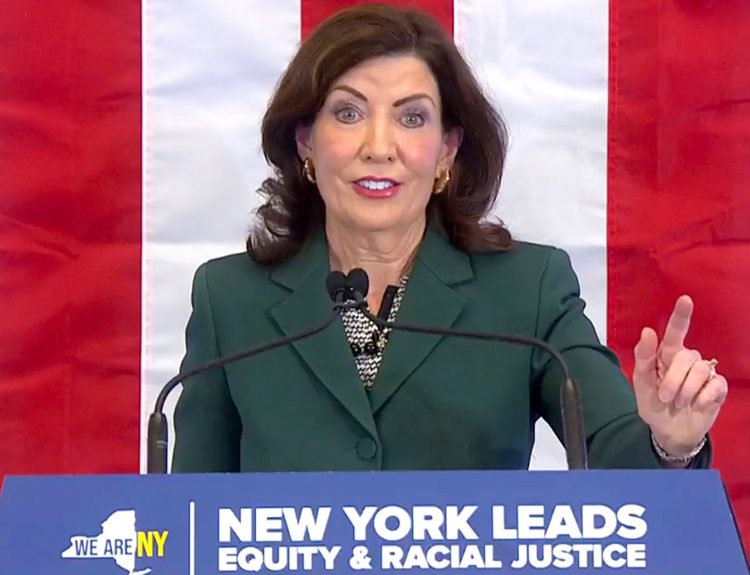The Second Amendment has caused a significant amount of contention in the United States. Gun rights are enshrined in the federal constitution, a fact that has drawn a clear line between those who believe that guns are an incontrovertible right that should never be infringed upon, and those who believe that guns, like any other constitutionally guaranteed right, are subject to reasonable restrictions for the safety and comfort of all Americans.
The Original Intent of the Constitution
Those who are Second Amendment absolutists often point to what they believe was the original intent of the Constitution when it was first drafted in 1787. The Bill of Rights was not initially included in the Constitution, and was part of the very first amendments that were made to the document that ensures Americans’ freedoms in a deeply unique way.
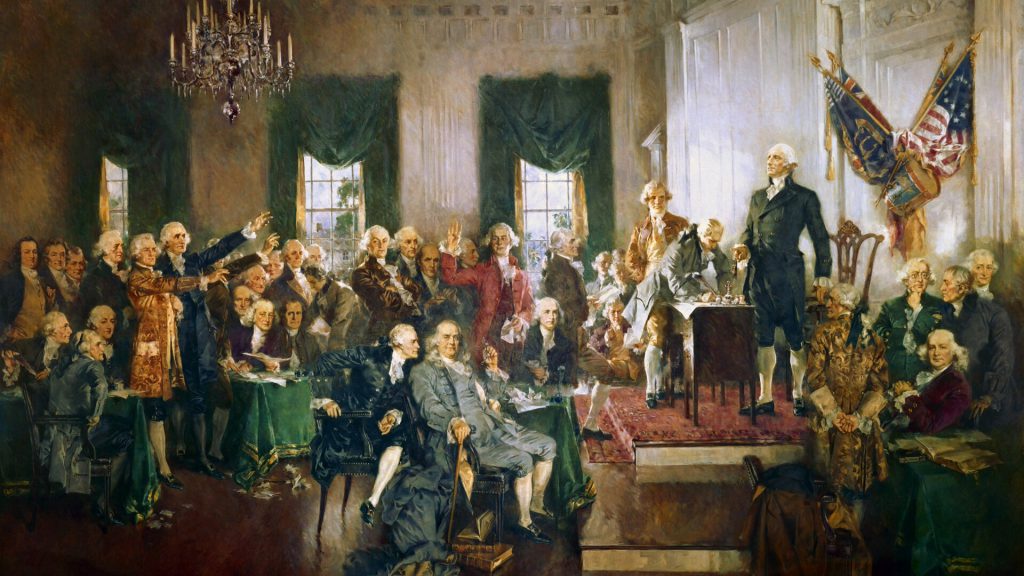
Among the amendments that were included in the Bill of Rights are the freedoms that Americans take for granted today. Freedom and speech and the press, freedom of religion and freedom of assembly. And, the right in question, the right to bear arms.
Historical Context is Important
Now, most Constitutional scholars point to the historical context of the time to reason why the right to bear arms was included in the Constitution in the first place. The American people had just overthrown a power-hungry tyrant who was keeping them hostage, and many of the injustices of the British prior to the American Revolution are included in rights that are guaranteed to Americans.
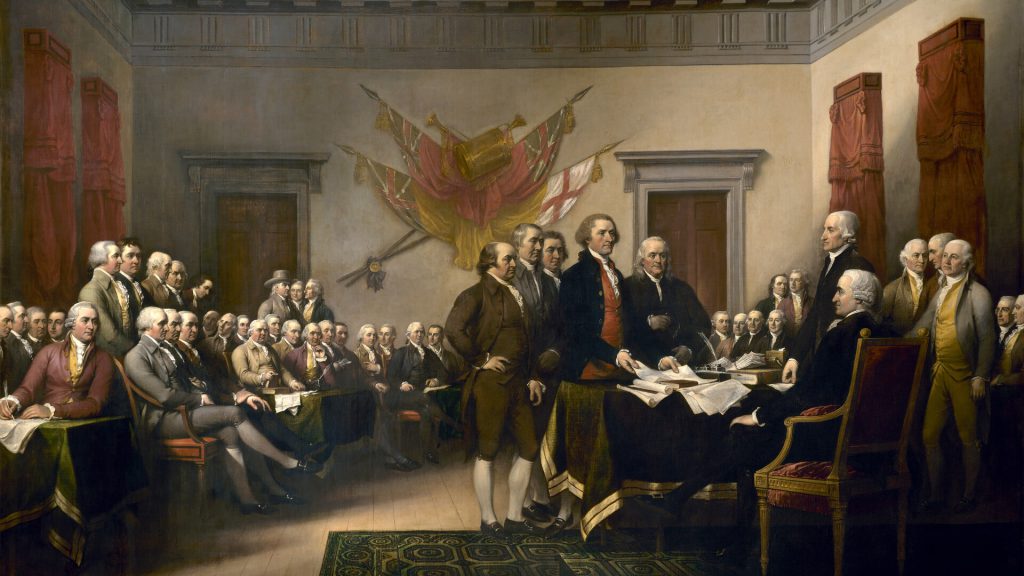
For instance, the fourth amendment – the protection against unreasonable search and seizure – was implemented because prior to the American Revolution, Americans were required to let British soldiers into their houses for any reason. If a Red Coat requested entry, Americans couldn’t legally refuse.
Defense Against Tyrants
In the context of the ruler that the American people had just overthrown, it’s understandable why Americans would feel that it was important to be able to defend themselves against an overpowering government.

This could be the reasoning behind the specific wording of the Second Amendment. It guarantees the right to a well-regulated militia as well as the right to bear arms; there are some Constitutional scholars who have pointed to this clause with the suggestion that it means that the right to bear arms is only for those who are a member of a well-regulated militia, but that is not the interpretation of the amendment by people as a whole.
The Original Reasoning in the Modern Era
In the modern era, people have used the original reasoning behind the inclusion of the Second Amendment as the reason why Americans need to be able to own guns today.

The fear of an overwhelming or too-powerful government appears to be something that is baked into many Americans’ makeup. Conservatives, in particular, are attached to the Second Amendment and the right to guns that it offers, and when challenged on the issue, claim a need to be able to protect themselves from a tyrannical government.
Gun Control is an Infringement on the Second Amendment…Allegedly
Conservatives who are Second Amendment absolutists have claimed that any sort of reasonable gun restrictions are an infringement on their Constitutional right to own a gun. Gun control advocates have pointed to restrictions that have been placed on other rights, such as laws against hate speech, which don’t infringe on the right guaranteed by the Constitution.

And some gun control advocates have gone further, claiming that gun control measures are necessary to creating a free and safe environment for all Americans. One gun policy advocate, Dr. Megan Ranney, has said that gun violence is a public health concern in her advocacy, and Republicans have fought back strongly against this concept.
The Debate Coming to a Head
This dispute recently came to a head during a recent Senate Judiciary Committee hearing. Tension flared between Senators Ted Cruz and John Kennedy, Who confronted Dr. Ranney and other advocates over the idea that gun violence is a public health concern.
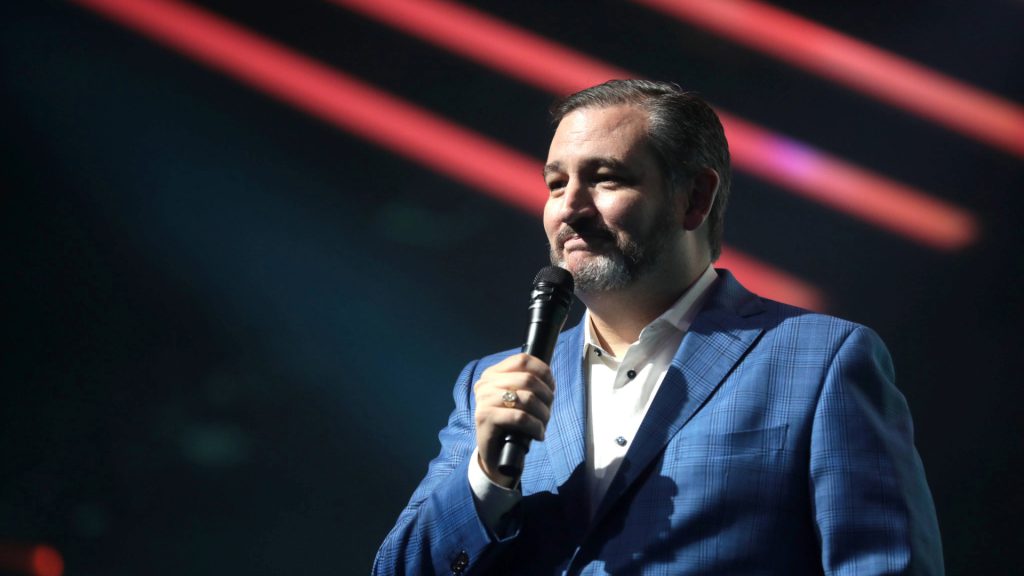
The hearing was meant to explore the intersection of gun violence and public health in the United States, with the goal of advocating for policy change regarding guns. Witnesses presented their perspectives, and Republican senators immediately started raising objections.
Challenges from Cruz and Kennedy
Cruz was the first to challenge Ranney’s assertion that guns are a public health crisis. He said that the Second Amendment isn’t a public health crisis, but rather the crime rates fueled by Democratic policies are.
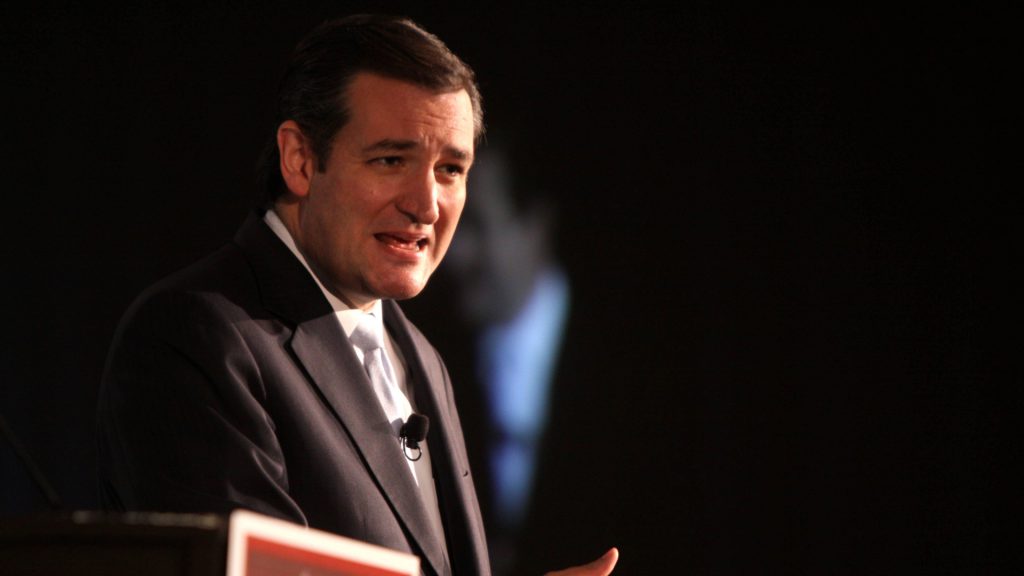
He went on to criticize the focus on gun deaths, compared to other causes like heart disease, and questioned the logic behind equating the two. Senator Kennedy echoed similar sentiments, and accused Democrats of prioritizing gun control over addressing the root causes of violence and crime.
The Radical Left’s Agenda
Cruz went on to criticize what he described as the radical left’s agenda, to disarm law-abiding citizens while neglecting to address violent criminals. He cited different examples to support his accusation, including Democratic leaders advocating for defunding the police and releasing violent offenders.

He contrasted these actions with rising crime rates in cities like Chicago, underscoring the deep political divide between the parties on this specific issue.
Enforcement of Gun Laws
Kennedy then shifted the discussion to the enforcement of gun laws. He questioned the decisions of district attorneys and prosecutors in cities like Philadelphia and Los Angeles, and pressed Dr. Ranney on her stance regarding prosecution for illegal gun possession and sentencing enhancements.

The Republican senators didn’t stop there, though. Ranney was deeply scrutinized by the Republicans, with her expertise and policy recommendations both challenged. Her views on issues ranging from gun control measures to criminal justice reform were questioned, which served to highlight the complexities of addressing the problem of gun violence through ap ublic health lens.
Questioning Forgiveness and Accountability
In one memorable moment, Kennedy even posed a hypothetical scenario to another witness, Franklin Cosey-Gay, questioning the notion of forgiveness and accountability in the cases of violent crime. This drew attention to broader issues in the question of justice and rehabilitation.
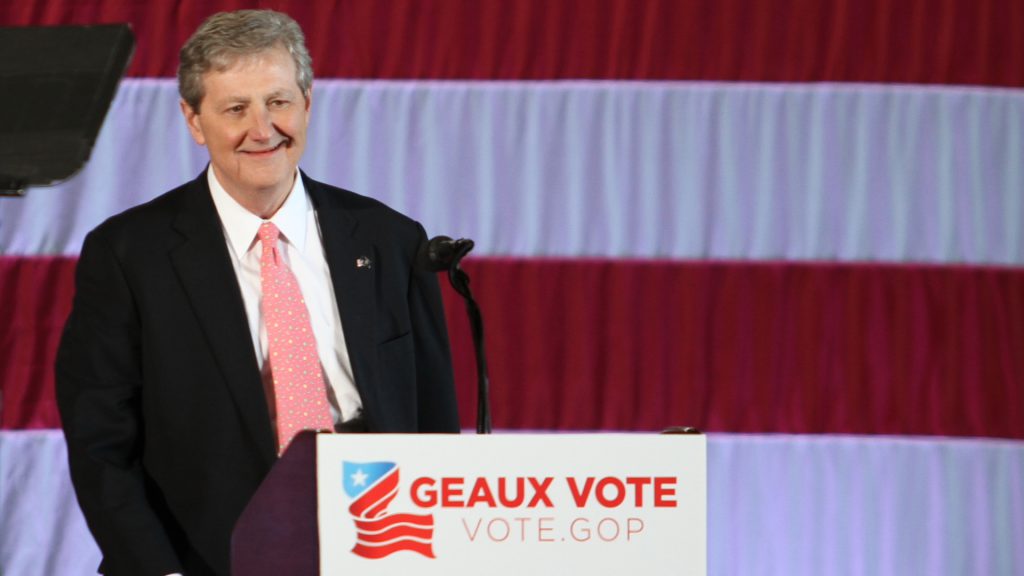
Tensions were high as the hearing drew to a close, which only served to reflect the deep policy divisions regarding the issues. Nothing was solved, of course; the issue of gun violence and the rights of Americans to own guns are two issues without a clear solution to either.
Policy Must Be Changed
And while there are clear ideological differences when it comes to guns, it’s also clear that policy must be changed regarding the issues. Gun violences is on the rise in America, and has been for the last decade. In 2023, there were more mass shootings than there were days in America, and gun violence beyond that was even more prominent.

The question is not whether there needs to be policy changes at all, but rather how to come to the middle of the highly contentious issue to make both sides of the argument happy. There’s a shared goal of promoting safety and well-being for Americans, meaning that there is a path to a solution.
A Solution in the Liminal Space
The solution, then, lies not in one overwhelming measure, but somewhere in between. The solution is not to ban guns, as some staunch anti-gun advocates have said, but rather to determine the best solution that keeps guns out of the hands of those who shouldn’t have them.
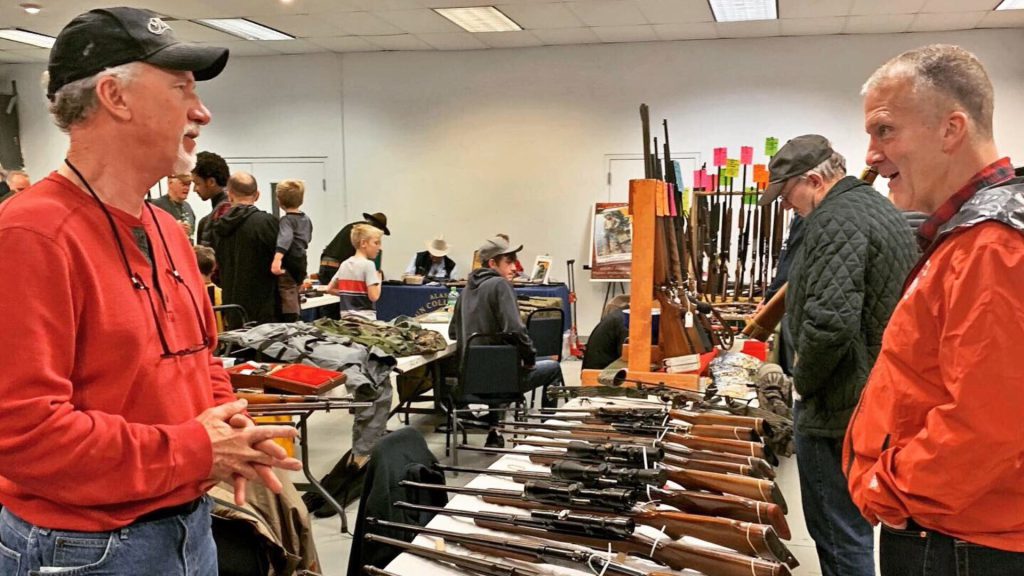
And addressing this issue is imperative. The Republicans were skeptical of the idea that gun violence is a public health crisis, but it cannot be denied that many Americans live their day-to-day lives in fear of gun violence, and stronger measures need to be taken to keep people safe.
Reasonable Gun Control Laws are Necessary
Deep divisions on the issue of gun violence, as well as the nature of federal versus state laws regarding guns, means that a solution to the issue is likely far off on the horizon.
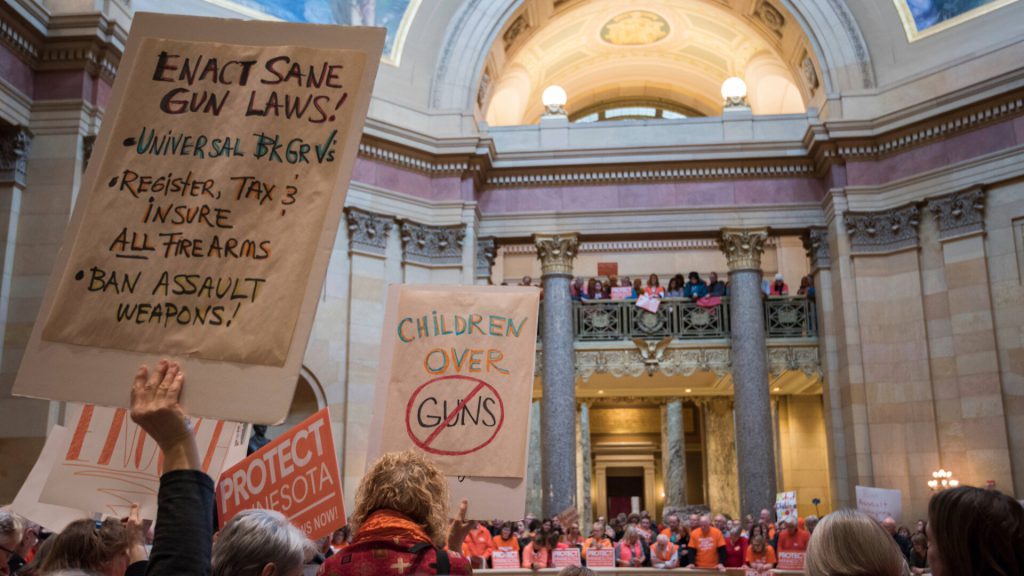
Still, it’s important that the conversation is had. While gun owners are never happy about the conversation around reasonable gun control laws, many measures are popular, even with those who own guns. Red flag laws, universal background checks, and wait periods are all popular gun control measures that, if implemented, would serve to save lives and wouldn’t infringe on anyone’s Constitutional rights at all.






